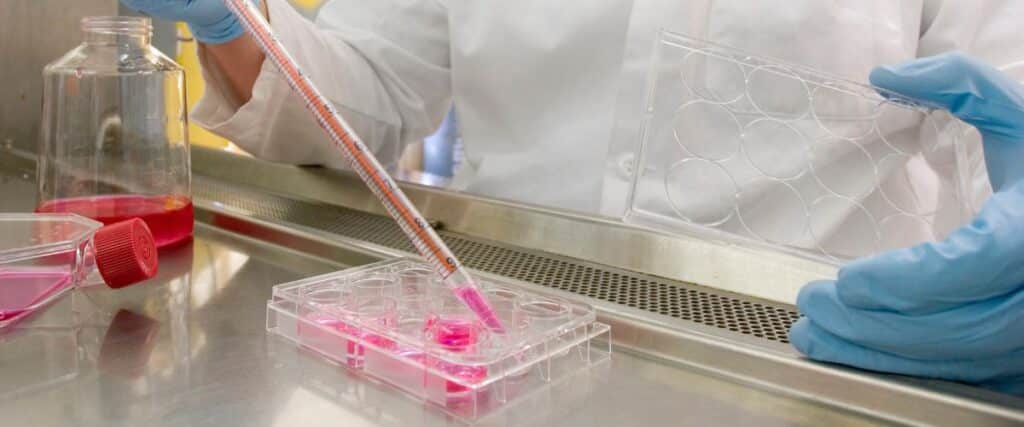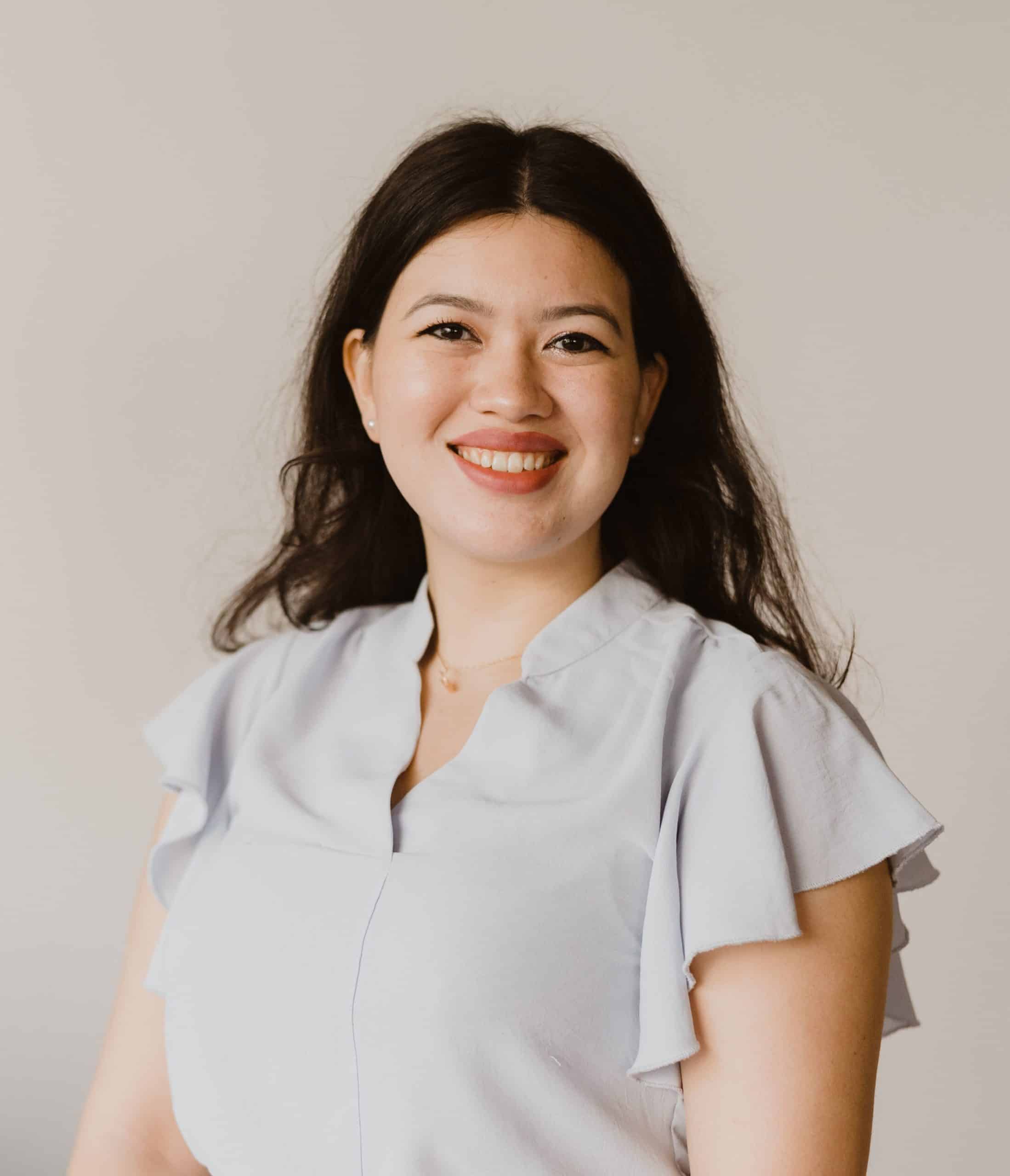Singapore-based BioTech firm SCG Cell Therapy raises US$8.1 million in a series C1 funding round led by Hong Kong’s Smartech Investment Holdings.
Singaporean biotechnology (BioTech) company SCG Cell Therapy has raised US$8.1 million in a series C1 funding round led by Hong Kong-based Smartech Investment Holding investing around US$3.4 million, and other local BioTech firms including Biocheetah and Lion TCR, at a valuation of over US$210 million.
In September last year, SCG introduced the launch of their cell therapy research and manufacturing hub in Singapore, with the support of the Singapore Economic Development Board (EDB), which is expected to begin operations in 2023. Ahead of this, the BioTech firm aims to hire a team of about 30 local scientists, engineers, and managers.
SCG Cell Therapy was founded in 2017 to develop novel immunotherapies in infections and associated cancers. The company targets the most common cancer-causing infections: helicobacter pylori, human papillomavirus, and hepatitis B, and develops a broad and unique pipeline of T cell therapies, antibodies, and therapeutic vaccines against infections and to prevent and cure its associated cancers.
“The growth potential of Asia’s pharmaceutical markets is astounding.With the strong government investment and support over the past decades, Singapore has flourished into a leading biotech country with world-class research talent and infrastructure, which are indispensable for the biomedical industry,” commented Frank Wang, the CEO of SCG Cell Therapy.
The firm also operates research facilities in China and Germany, covering the entire value chain from innovative drug research and discovery, manufacturing, clinical development and commercialisation.
SCG101, an autologous T-cell receptor (TCR) T cell therapy, is an investigational cell therapy product that targets specific epitopes of hepatitis B surface antigen (HBsAg). It specifically designed to redirect T cells using virus-specific TCRs with high sensitivity and avidity selectively against dysfunctional infected and tumour cells. Preclinical studies of SCG101 demonstrated tumour inhibition and HBV cccDNA eradication. In 2022, SCG101 was granted clinical trial approvals by the U.S Food and Drug Administration (FDA), China National Medical Products Administration (NMPA) and Singapore Health Science Authority (HSA) for patient with HBV-related HCC. A Phase 1/2 clinical trial evaluating SCG101 is underway.
Related Articles
SEA Women-Founded Startup Funding Plummeted By Over 32% In 2022





